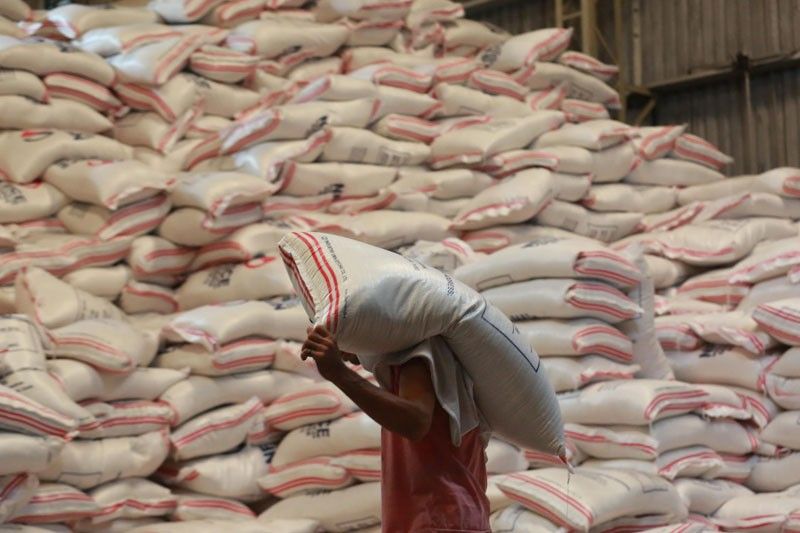Governments, experts seek more rice with less resources

SINGAPORE – As the world’s need for food is projected to grow by about 70 percent in 2050, governments and agriculture-related experts are working hard to help farmers produce more rice with less resources.
The International Rice Research Institute (IRRI), in its determination to find solutions to agriculture problems especially in rice production, partnered with Corteva Agriscience, the agriculture division of DowDuPont, in Singapore yesterday where the 5th International Rice Congress (IRC) is being held.
Both entities signed a memorandum of understanding (MOU) for a multi-year framework agreement on collaborative rice research, deployment of new breeding technologies and development of breeding programs.
“Our shared goal for this partnership is to help rice farmers to become more productive and sustainable… (this partnership) will allow us to offer farmers a broader suite of high-performing products and effective science-based innovations that will optimize yield and crop quality,” said Peter Ford, Corteva Agriscience president for Asia-Pacific.
His company noted that rice production needs to dramatically increase by 25 percent over the next 25 years if the world’s growing demand is to be met.
It also pointed to the increased competition for dwindling resources such as land and water, unpredictable climate, farm labor shortages and lack of technical expertise as among the issues threatening the future of rice.
The partnership would allow both IRRI and Corteva to advance technologies including germplasm, hybrid and inbred rice programs, and agriscience precision breeding technologies.
IRRI deputy director general for research Jacqueline Hughes said the partnership with Corteva Agriscience “means we can anticipate greater innovations in our hybrid and inbred programs. We are excited about making these innovations available to smallholder farmers through our extensive national networks.”
International observers remain optimistic that with proper tools and guidance, the Philippines, despite the challenges being faced by its rice farmers and other crop growers, will achieve self-sufficiency and food security in the future.
“I think that given the focus that the Philippines has on agriculture, the willingness to use the right technology, the openness for education and sharing best practices across growers, I am very optimistic that Philippines is going to get to a point that they are going to be self-sufficient when it comes to food supply and is actually going to be one of the countries which we can point to in Southeast Asia and Asia-Pacific to say ‘that’s an example of how you can overcome some of these challenges’,” said Rajan Gajaria, Corteva Agriscience executive vice president for business platforms.
He stressed during an interview with The STAR on the sidelines of the IRC that his company is working with IRRI to improve the lives of Filipino farmers.
Asked about the rice supply problems in the Philippines, Gajaria pointed out that “just because you have the land does not always mean that you get the yield.”
“But from my perception, Philippines is actually progressive when it comes to production of technology. Philippine growers are usually very positive towards how best we can work on it,” he added.
Corteva, he said, will help address the issues on fertilizers, suitability of seeds to particular farm fields and the type of crop protection products.
- Latest
- Trending





























